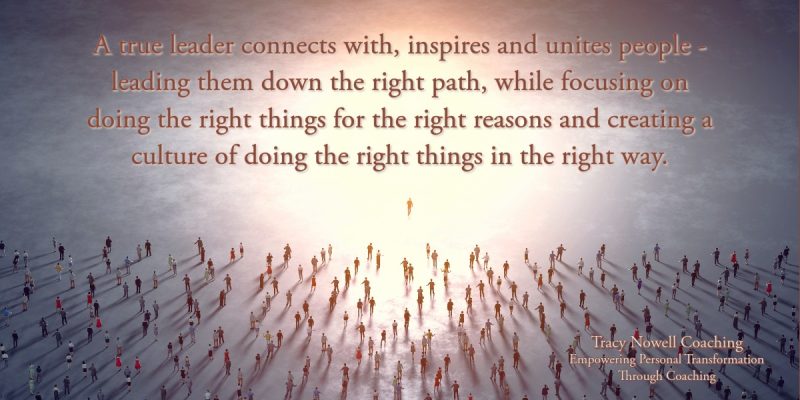True Leaders: Traits, Actions, and Impact

True leaders stand out not because of their titles or authority but because of their ability to inspire, influence, and drive positive change. They embody traits like integrity, vision, empathy, and resilience, which enable them to guide others effectively through challenges and opportunities. True leadership is about making an impact, fostering collaboration, and empowering people to achieve their best.
This article explores what defines true leaders, their traits, and how they make a lasting difference.
Characteristics of True Leaders
1. Visionary Thinking
True leaders have a clear vision and the ability to communicate it compellingly. They inspire others to work toward a shared goal with enthusiasm and purpose.
Examples:
- Steve Jobs’ vision for Apple revolutionized the tech industry.
- Martin Luther King Jr. inspired a movement with his dream of equality.
Empathy and Emotional Intelligence
True leaders understand and value the emotions of their team members, building trust and fostering meaningful relationships.
Key Behaviors:
- Listening actively to concerns.
- Providing support during challenging times.
Integrity and Accountability
True leaders uphold their values, make ethical decisions, and take responsibility for their actions.
Key Benefits:
- Builds credibility and trust within teams.
- Encourages a culture of transparency and honesty.
Adaptability and Resilience
In dynamic and uncertain environments, true leaders remain flexible, learn from failures, and motivate others to stay focused on solutions.
Example:
Leaders who successfully guided businesses through the COVID-19 pandemic displayed resilience and adaptability.
Inspiring Growth in Others
True leaders empower others to reach their potential by providing mentorship, opportunities, and constructive feedback.
Example:
Leaders like Oprah Winfrey emphasize personal development and uplift those around them.
Actions That Define True Leadership
1. Leading by Example
True leaders model the behavior they expect from others, setting a standard of excellence.
Example:
A manager who works alongside their team during busy times earns respect and trust.
Encouraging Collaboration
Fostering teamwork and ensuring everyone’s voice is heard creates a sense of inclusion and strengthens the group dynamic.
Example:
Effective leaders in the workplace facilitate brainstorming sessions where all ideas are valued.
Making Tough Decisions
True leaders make informed and decisive choices, even in difficult situations, while considering the well-being of their team.
Example:
CEOs who prioritize layoffs as a last resort, ensuring transparency and support, demonstrate true leadership.
The Impact of True Leaders
- Enhanced Team Performance: True leaders inspire motivation and productivity, leading to better outcomes.
- Positive Work Culture: By fostering trust and collaboration, they create environments where people thrive.
- Long-Term Success: Visionary leadership ensures sustained growth and adaptability.
How to Develop True Leadership Skills
1. Cultivate Self-Awareness
Understand your strengths, weaknesses, and areas for growth. Tools like self-assessment tests can help.
2. Practice Empathy
Engage in active listening and strive to understand different perspectives.
3. Seek Feedback
Encourage input from peers and mentors to refine your leadership style.
4. Invest in Continuous Learning
Read books, attend workshops, and participate in leadership development programs.
Conclusion
True leaders are defined by their actions, character, and the positive influence they have on others. They inspire vision, cultivate trust, and empower teams to achieve greatness. Whether in the workplace, community, or personal life, true leadership creates a ripple effect of progress and transformation.
By embracing the traits and actions of true leaders, anyone can develop the skills to make a meaningful impact.
FAQs
1.What are the key traits of a true leader?
True leaders exhibit integrity, empathy, vision, adaptability, and the ability to inspire growth in others.
2.Can leadership skills be learned?
Yes, leadership skills can be developed through self-awareness, practice, and continuous learning.
3.How do true leaders handle challenges?
They remain resilient, adaptable, and solution-focused, guiding their teams with confidence and empathy.
4.What is the role of integrity in true leadership?
Integrity builds trust and credibility, essential for fostering strong relationships and ethical decision-making.
5.Who are examples of true leaders?
Historical figures like Nelson Mandela, business leaders like Satya Nadella, and public icons like Oprah Winfrey exemplify true leadership.











